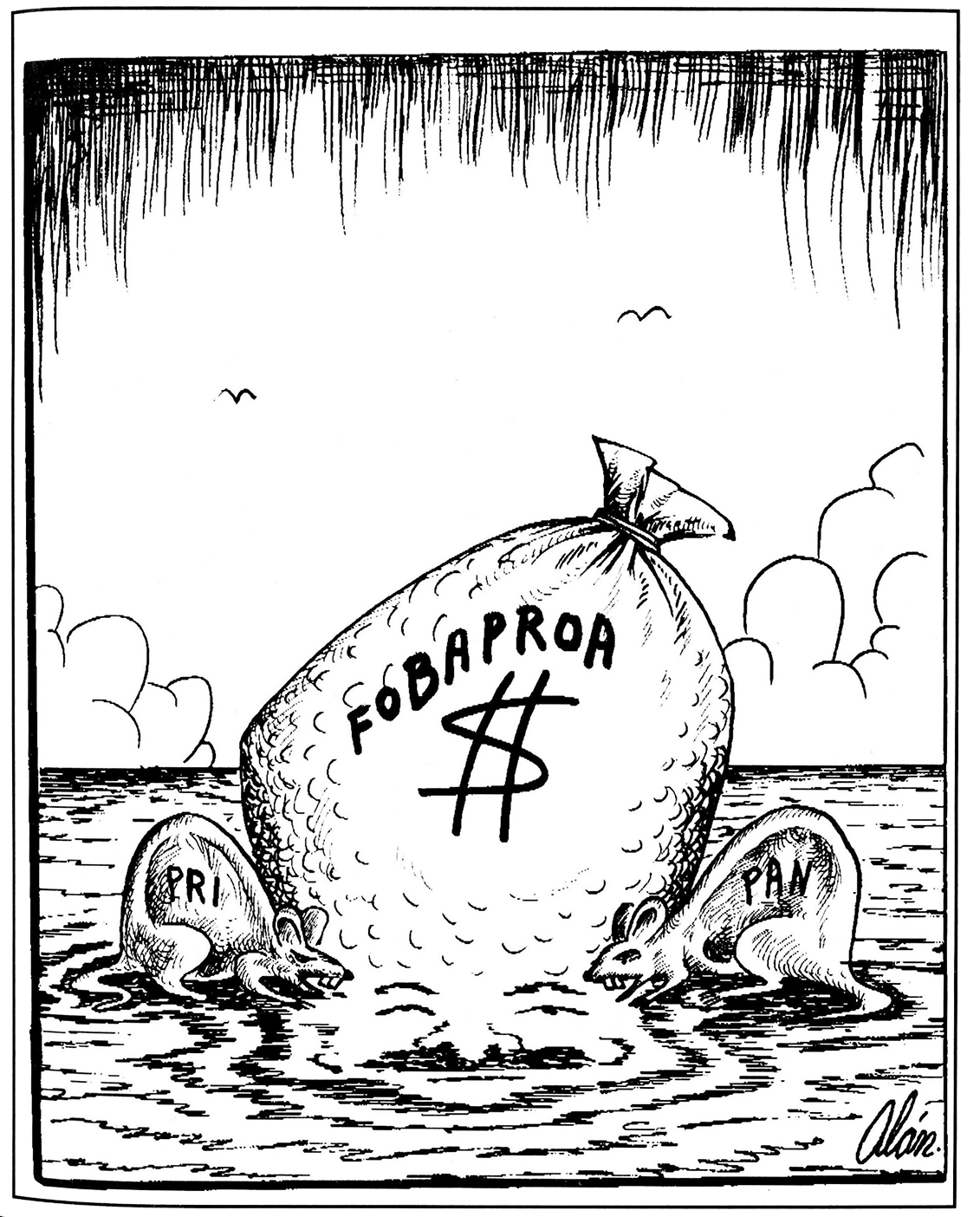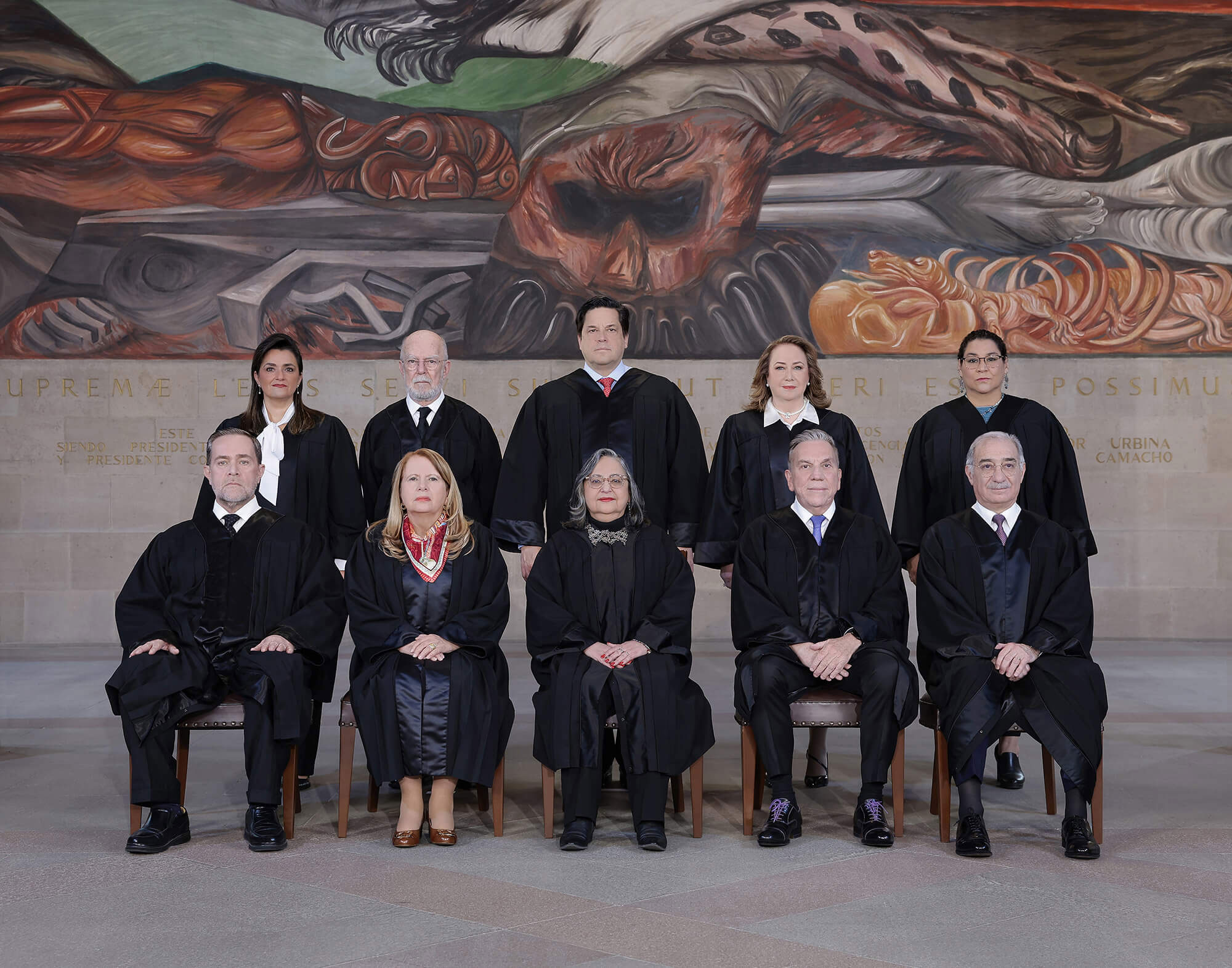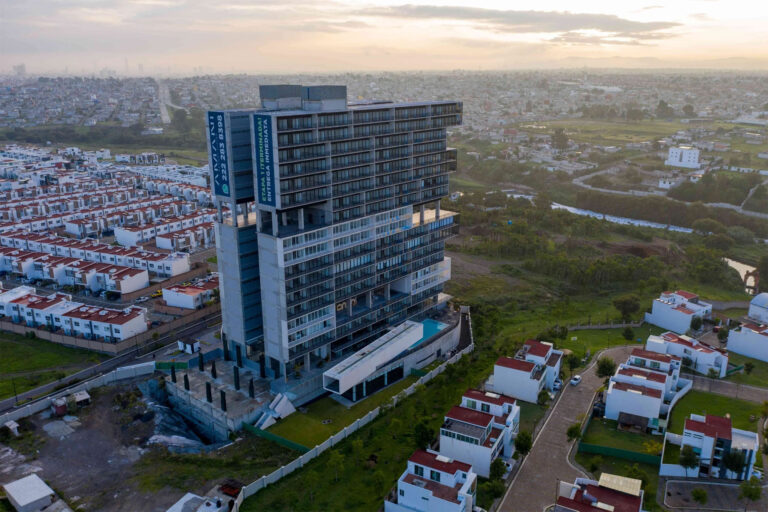The Neoliberal Court Evaporates Without Applause
This article by Álvaro Delgado Gómez appeared in the August 18, 2025 edition of Sin Embargo. The views expressed in this article are the author’s own and do not necessarily reflect those of the Mexico Solidarity Project.
Mexico City. Created by the PRI member Ernesto Zedillo Ponce de León in an act of despotism, despite lacking constitutional powers he dismissed all the ministers and appointed his supporters —a “Fujimorazo,” as jurist Ignacio Burgoa Orihuela called it—, the Supreme Court of Justice of the Nation (SCJN) concludes three decades of collusion and submission to the Executive Branch, until Norma Piña Hernández turned it into opposition to the governments of Andrés Manuel López Obrador and Claudia Sheinbaum Pardo .
The session this Tuesday 19th, when the ministers resolve the challenges of organizations of the magnate Claudio X. González Guajardo to the two magistrates of the Electoral Tribunal of the Judicial Branch of the Federation (TEPJF) that were elected on June 1st, will be the last of the SCJN that Zedillo established three decades ago, in the midst of the devastating economic crisis of 1994 that he himself unleashed, with a judicial reform that was endorsed in Congress by the National Action Party (PAN) to place his own ministers, magistrates and judges.
The conservatism of the SCJN identified López Obrador as its main enemy for two decades, from the 2005 impeachment of his then-president, Mariano Azuela Güitrón, in complicity with Vicente Fox, a member of the National Action Party (PAN), to the nullification of the reforms of the former’s government by the majority of the justices headed by Piña Hernández, the president of the highest court promoted by Enrique Peña Nieto, a member of the PRI, who in that position became an opposition figure, advised by intellectuals at the home of Federico Reyes Heroles.
Piña Hernández not only failed to promote any reforms to transform the judiciary, which is plagued by nepotism and corruption—not even the timid one made by Arturo Zaldívar Lelo de Larrea—but also sided with the opposition to influence the 2024 election and, after the defeat, sought by every means, even extralegal means, to sabotage the constitutional reform presented by López Obrador, which put her at odds with the executive and legislative branches.

Zedillo’s SCJN blessed the governments of Fox, Felipe Calderón, Peña Nieto and López Obrador, with presidents who were – some more, others less – obsequious to them, from Vicente Aguinaco Alemán (1995 and 1999), Genaro Góngora Pimentel (1999 to 2002), Azuela Güitrón (2003 and 2006), Guillermo Ortiz Mayagoitia (2007-2010), Juan Silva Meza (2011-2014), Luis María Aguilar Morales (2015-2018) and Zaldívar Lelo de Larrea (2019-2022) until Piña Hernández (2023-2025) became openly opposed claiming to defend judicial independence.
For three decades, the SCJN and the entire Federal Judiciary acted in favor of the political, economic, media, and intellectual elites, which also represented the Presidents of the Republic, with emblematic decisions that led to its discredit as an insensitive and corrupt institution, despite the fact that there were occasionally ministers who opposed them.
One of the emblematic issues that most angered society was Fobaproa, the mechanism through which Zedillo bailed out businessmen, bankers, and politicians. Fox, who was one of those bailed out, promoted legal remedies as president to prevent the Supreme Audit Office of the Federation from reviewing the illegalities, and the Supreme Court of Justice ruled in his favor.

Back in 1998, the same year that the PRI and PAN approved Fobaproa in the Chamber of Deputies, the SCJN had ruled in favor of the bankers by legalizing anatocism, that is, the charging of interest on interest and its capitalization, thereby condemning Mexicans to being perpetual debtors.
Another ruling that covered up for politicians was that of the ABC Daycare Center in Hermosillo, Sonora, where 49 babies and children died in 2009. Among the owners were PRI politicians and even a cousin of Margarita Zavala, Calderón’s wife. Although it was determined that there were serious violations of individual rights by the authorities and owners of the IMSS-subcontracted daycare center, no action was taken against them, and those involved were simply identified.
Even so, Calderón was enraged by the determination displayed by the privatization of IMSS daycare centers and, in that same year, took revenge against the reporting minister, Zaldívar Lelo de Larrea, whose house was robbed by agents of Genaro García Luna’s Federal Police while at another time, he and his family were held at gunpoint.
García Luna would also have a strong influence on Piña Hernández’s SCJN in at least two cases: A judge unfroze the bank accounts of Linda Pereyra, the wife of Calderón’s Secretary of Public Security, shortly before he was declared a drug trafficker in the United States in 2023, and the following year Ricardo Márquez Blas, an official close to the minister and former collaborator of the imprisoned police officer, was arrested for rape.
In 2013, the SCJN refused to hear an appeal of innocence from Indigenous professor Alberto Patishtán, who that month completed 13 years in prison, accused of murdering seven state and municipal police officers in Chiapas, but [the court] did protect eight kidnappers and one murderer.
Also at the start of the Peña Nieto administration, the Supreme Court of Justice (SCJN) refused to make public the asset declarations of public servants, including the President of the Republic, members of Congress, and themselves. During the López Obrador administration, the Supreme Court also refused to comply with the Constitution, which stipulates that no one can earn more than the President of the Republic.
Another emblematic case is Ricardo Salinas Pliego’s multimillion-dollar tax debt of 74 billion pesos, part of which Justice Aguilar Morales, former president of the Supreme Court of Justice (SCJN), held onto for almost a year to prevent its resolution, in line with the magnate’s strategy of postponing resolutions and not paying.
Salinas Pliego’s debt will no longer be addressed by Zedillo’s Supreme Court of Justice, which is coming to an end, but it will be one of the first issues resolved by the ministers led by Hugo Aguilar Ortiz, elected for the first time in history by popular vote and whose duties will begin on September 1.
With the popular election of ministers, magistrates, and judges on June 1, a model of justice administration characterized by corruption, nepotism, and defense of the powerful ends, and a new one begins that promises to apply the law without discrimination and protect the rights of all people.
-
Our Water, In Whose Hands?
A promising vision from President Sheinbaum for public water management rapidly disappeared. Yet again the Mexican state openly assumes the role it has always played under neoliberalism: facilitating access to natural resources for special interests.
-
Plot of Complicity
Mexico’s consumer protection agency has not sanctioned a real estate company since 2020 & the consequences in Puebla, where real estate fraud runs rampant, are obvious and dire.
-
Trump’s Pressure on Mexico & The Drugs Pretext
Agencies like the CIA are ready to “accompany” Mexican operations, but does Trump really want to combat drug trafficking, or is his intention to manage & manipulate Mexico?




